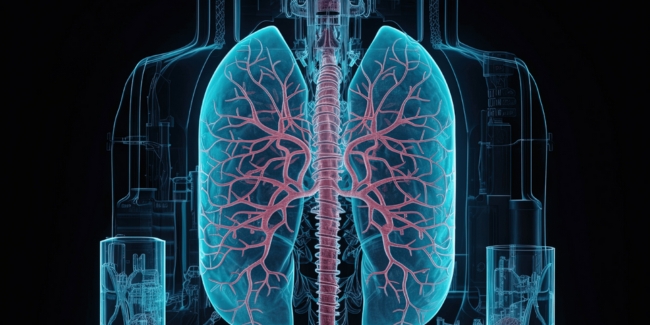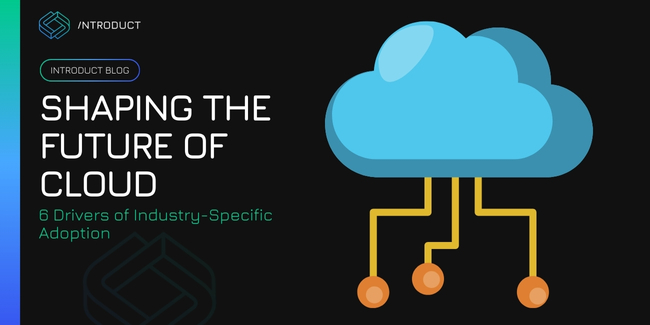

Transforming Organ Transplantation with AI: The Future of Patient Care


At Introduct, we are committed to helping businesses adopt new technologies and develop their influence. One of the areas we’d like to focus on in this article is healthcare and healthcare organizations. Recent developments in AI have also shown its impact on the healthcare system and diagnostics. It’s time for healthcare also harness the power of technology to tackle complex challenges. One such challenge is improving organ transplantation. AI in healthcare has its significant impact on a field that has seen remarkable advancements with its help. From organ matching to post-transplant care, AI is paving the way for more efficient, personalized, and life-saving outcomes.
The Situation of Organ Transplantation Today
Organ transplantation is a complex procedure. Its successful implementation includes factors like organ matching, surgery, and ongoing patient care. Nevertheless, one of the most complex tasks is matching donor’s organs with recipients. This task requires a deep understanding of variables like medical history and tissue compatibility. Even though AI in healthcare has the potential to save lives, the industry still faces obstacles that it can overcome.
AI in Organ Matching
Nowadays, with the help of AI, the process of matching organs has become easier. It has generally revolutionized the way we understand transplantation. What AI in healthcare does is identify the best match between organs and recipients by processing huge amounts of data. Machine learning also has its part in transplantation. Moreover, it can also help in enhancing analytics to make it more accurate and timely. This raises transplant success rates and dramatically lowers the chance of organ rejection. Furthermore, AI in organ transplantation can more accurately determine compatibility, guaranteeing the best results for patients.
Using AI to Improve Surgical Precision
When it comes to organ transplantation, surgical accuracy is a thing to care about. Nowadays, robotic surgery systems can help surgeons with minimally invasive procedures. In turn, it improves the overall success of the procedure. During the procedure, AI analyzes blood pressure and oxygen levels. Due to it, it can provide real-time monitoring and guidance if needed. Better patient outcomes result from fewer complications and quicker recovery.
Personalized Post-Transplant Care
It doesn’t end with a surgery only. Post-transplant care plays a crucial role in recovery. Here, AI comes into play. AI is crucial for tracking patients’ overall condition and identifying possible problems beforehand. Smart wearable devices are about to predict issues and notify medical staff about any alarming situation. The faster the help, the better the result. Also, AI can create an individual pattern of treatment that includes all specifics of a patient.
The Road Ahead
As AI continues to advance, its potential in organ transplantation grows exponentially. AI in healthcare has only started to show its potential. Organ transplantation is only the beginning, still a big step forward. However, we need to consider ethical moments, such as data privacy and responsible use of AI in a good way.
At Introduct, we are about to keep you updated about all the innovations in the world of technology. We help businesses embrace these new technologies by developing custom software solutions. The future is already here, and we need to keep up with it.
More Articles

Shaping the Future of Cloud: 6 Drivers of Industry-Specific Adoption Shaping the Future of Cloud: 6 Drivers of Industry-Specific Adoption
At Introduct, we see how companies shift to cloud computing and what leads to these shifts. Traditional models are replaced with other platforms solving real-time complexities for specific industries. This shift makes the growth of Industry Cloud Platforms even more obvious. ICP is a powerful mix of SaaS, PaaS, and IaaS, originally developed to meet […]

Revolutionizing Healthcare Apps with AI: Faster, Smarter, Better Revolutionizing Healthcare Apps with AI: Faster, Smarter, Better
Nowadays, AI transforms not only software development but also other areas like healthcare. AI-assisted development is making healthcare work faster, bringing more cost-effective software solutions. At Introduct, we understand the critical need for more efficient healthcare, as the demand for services is high. The quality of healthcare services must be at the highest point to […]
